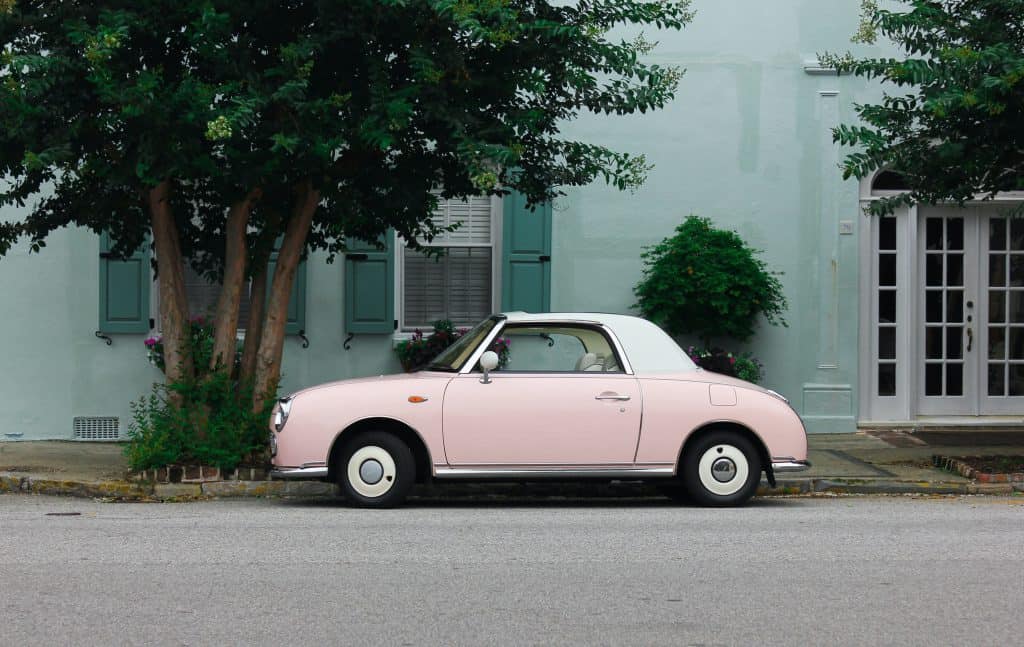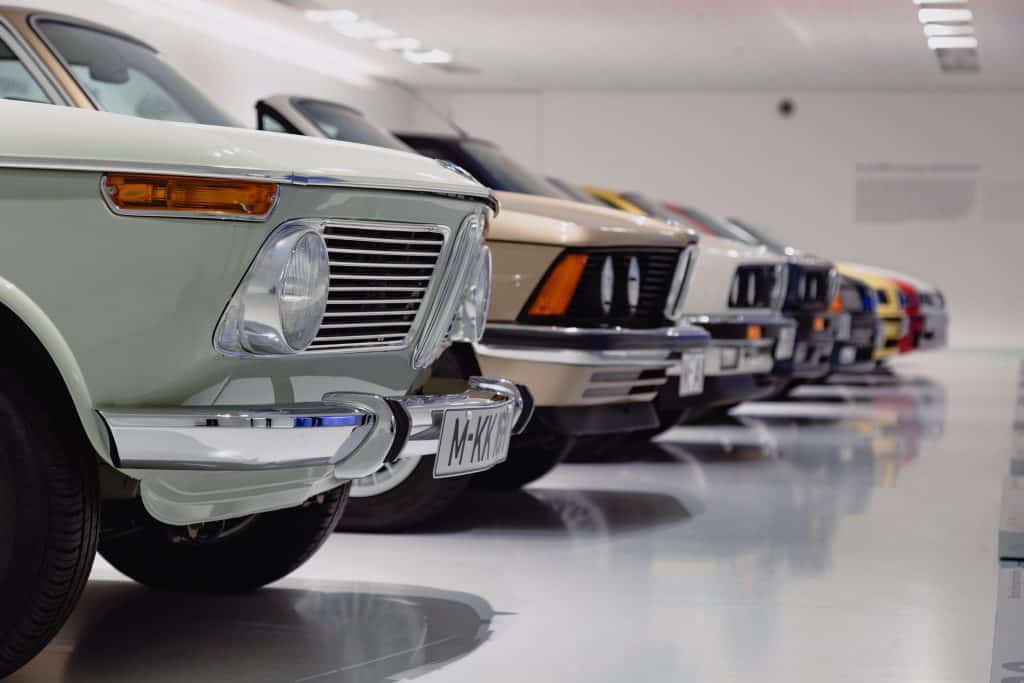We’ve all driven through towns and neighborhoods and seen self storage facilities nestled between homes and businesses. People use storage units for a million different reasons, to bridge them during a move, to store things for the summer while they’re in college, or to keep the bikes or a motorcycle from staying out in the rain.
Storage units offer a great service for people who otherwise would be up a creek with nowhere to put their belongings. Small businesses across the country use self storage every day to house inventory and run operations rather than leaving items stacked up along walls and on tables in their homes. Self storage units present great potential today as so many of us are changing the way to do business and manage our lives. With a convenient storage unit, you can easily access your items and keep them safe in a secure location.
But what about storing larger items like a car or recreational vehicle? Do normal self storage facilities have space for cars? Many storage facilities in your area will offer storage for cars in addition to normal sheds and other units. They know that many Americans need to store a car that they’re working on or want to keep in the family for other reasons. Additionally, a lot of people need to store RVs and other vehicles that don’t get used all the time.

Finding the Right Storage for Your Car
There are steps you can take to find the right self storage solution for your car. All it takes is some patience to do the search and ask the right questions. Here are things you should look for before you sign the dotted line.
Know the Restrictions
Most storage units don’t allow cars to be stored inside of self storage units because of fire concerns. Fluids inside of cars can be flammable, and when in a contained space could ignite. That’s not a risk many storage facilities are willing to take on. As a result, most storage options for cars are located outside. There are specialty storage units that cater to classic or high-end cars, but prices will be higher.
Look for “RV” Storage
Millions of RV owners around the country use self storage to hold their recreational vehicles in between road trips and vacations. A lot of neighborhoods restrict RV street parking, and most homes need the garage space that a large RV would occupy.
The main options you’re going to get for RV storage is a covered or uncovered spot. Covered storage spaces will likely cost more because a cover is constructed to protect the vehicles from prolonged sun exposure that can fade paint and raise temperatures inside the vehicle.

There’s a high possibility that you can find a storage facility with RV spaces to store your car in. You may have to pick up the phone to inquire, but it’s a good way to sort the facilities that have space in the first place.
Talk to the Manager
Before you agree to store your vehicle at a given storage facility, or any item really, you need to talk to the manager. A short conversation will give you an idea of what your long-term experience will be like. Are they friendly over the phone? Do they respond quickly to questions? Do they seem organized and know what they are talking about?
The talk with the manager is your opportunity to feel out what your customer experience will be like. Don’t take the risk of going with poor management to save a few dollars. You’ll regret it in the long run and your car may suffer as well.
What to Ask
When you talk to the manager, ask about payment options. Do they have online bill pay? That’s a huge convenience most modern self storage units should offer. You don’t want to deal with the hassle of delivering or mailing a check every month.
What kind of security do they have in place? Do they have a good security gate at the main entrances? Look for camera systems around the facility as well. Higher-end storage facilities will offer more security features that will affect the price you pay, so make sure you do the research and choose something you’re comfortable with.
Hours of Operation
Another thing you want to sort out for your car storage is how easily you can access your car or RV. You want to find a storage facility that suits your needs in terms of what time and days you can get to your property. Make sure you’re comfortable with when and how you can get to your car or RV.

Indoor Vs. Outdoor Storage
A lot of car and RV owners wonder whether they should opt for indoor or outdoor storage for their vehicles. That’s an important question that will affect the condition of your car and your wallet long-term. Here’s a simple breakdown of some of the benefits and drawbacks of each.
| Indoor Storage |
Outdoor Storage |
||
|---|---|---|---|
| Pros |
Cons |
Pros |
Cons |
| Higher Security |
More Expensive |
Cheaper |
Sun Exposure |
| Climate Control |
Accessibility – drive-up unit is a must |
Easier Access |
Parking surface may not be paved |
| No Sun Exposure |
Can be harder to find |
More Availability |
Visible to Other Tenants |
| Better for Your Car |
Limited Spaces |
Larger Spaces |
Exposure to dust & debris blown by the wind |
The value of your vehicle will have a huge impact on whether you choose indoor or outdoor storage. Antiques, high-end sports cars, and other expensive vehicles could make indoor storage worth it. The price, however, and size limitations are enough to deter many RV owners away from indoor storage.

3 Things You Should Do Before You Store Your Car Indoors
1. Do the Math
Understand how much you’re going to be paying to store your car. Find a way to know whether it’s worth the cost of storing your vehicle indoors before you make the decision.
2. Ask About Security
If you own an expensive vehicle that you want to be stored indoors, you care about it enough that you don’t want just anyone to be able to walk up to it and possibly mess around with your vehicle. Talk to the storage facility management about where your car will be located, who can access it, and what other security measures are in place to give you peace of mind.
3. Ask for Referrals
One of the best ways to gauge what your indoor car storage experience will be like is to ask current or former customers. Asking for referrals is rarer today because so many reviews are available online. Read them, but understand that most perfectly happy customers don’t bother to leave online reviews. If necessary, ask for a referral or just talk to some other customers you see at the facility while you’re there visiting.

3 Things You Should Do Before You Store Your Car Outdoors
1. Take a Look at the Other Cars
While you’re visiting potential storage sites, take a look at the other cars in the lot. Do they match up with the car you will be storing? You want to keep your car in the same general neighborhood.
2. Ask About Covered Spaces
Covered spaces will make a huge difference in keeping your vehicle in better condition long-term. Do what you can to find a covered vehicle storage space.
3. Prep Your Car
Make sure it’s locked and the fluids are at appropriate levels. Your car, especially if you’re not going to use it for months, could suffer from being outdoors and unused for so long. You need to know what it will take to get your vehicle back up and running after a long winter.
